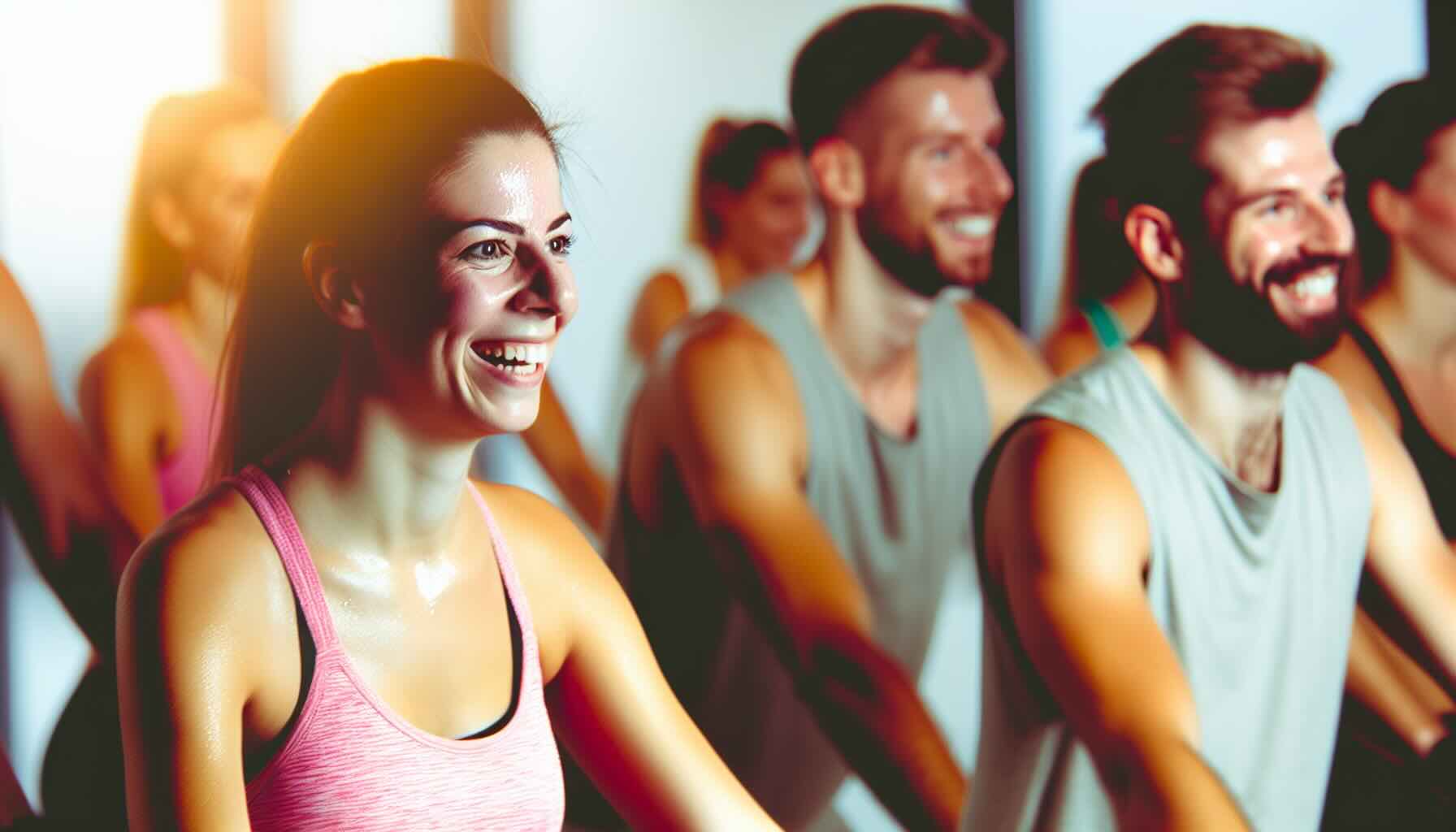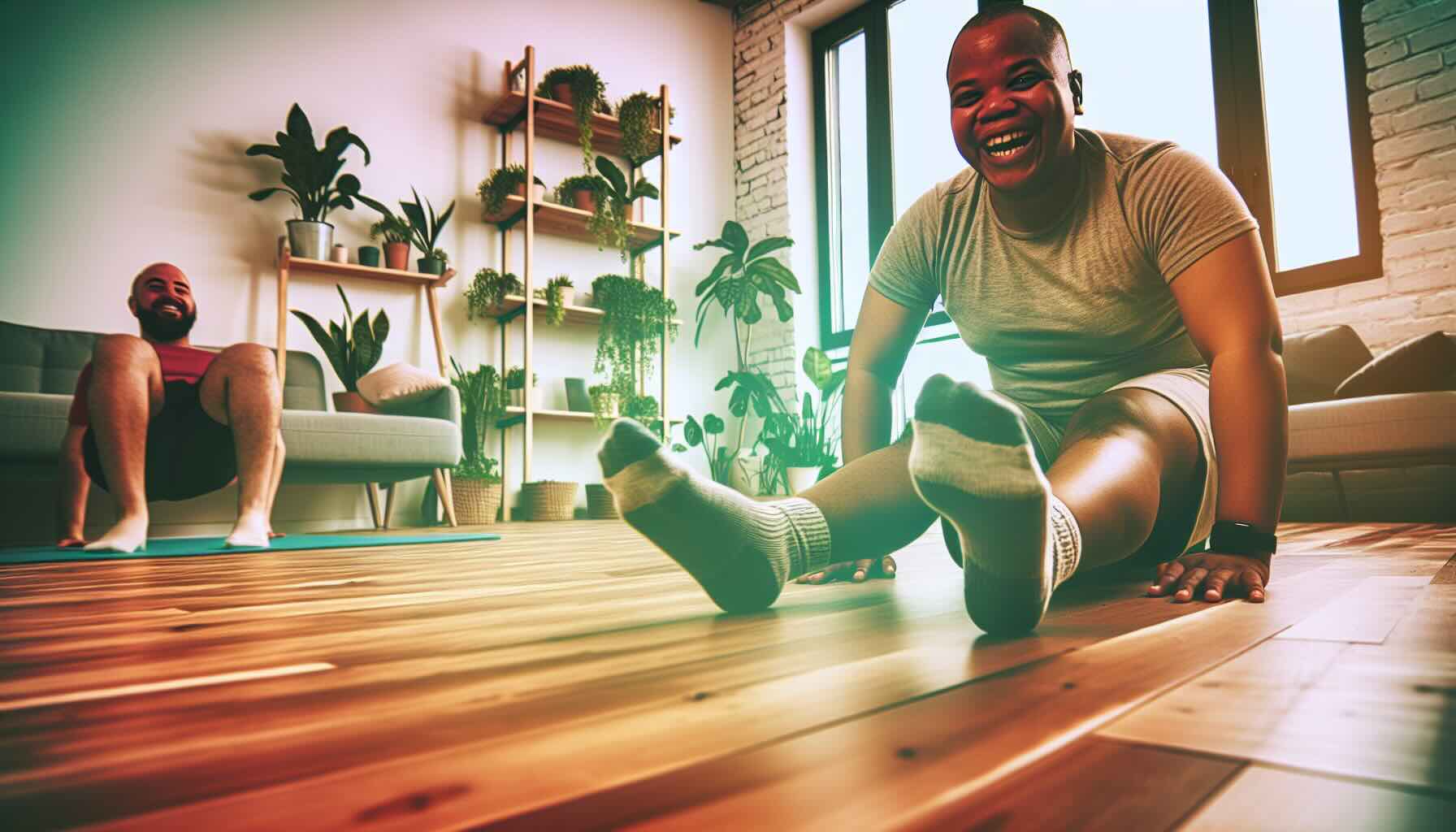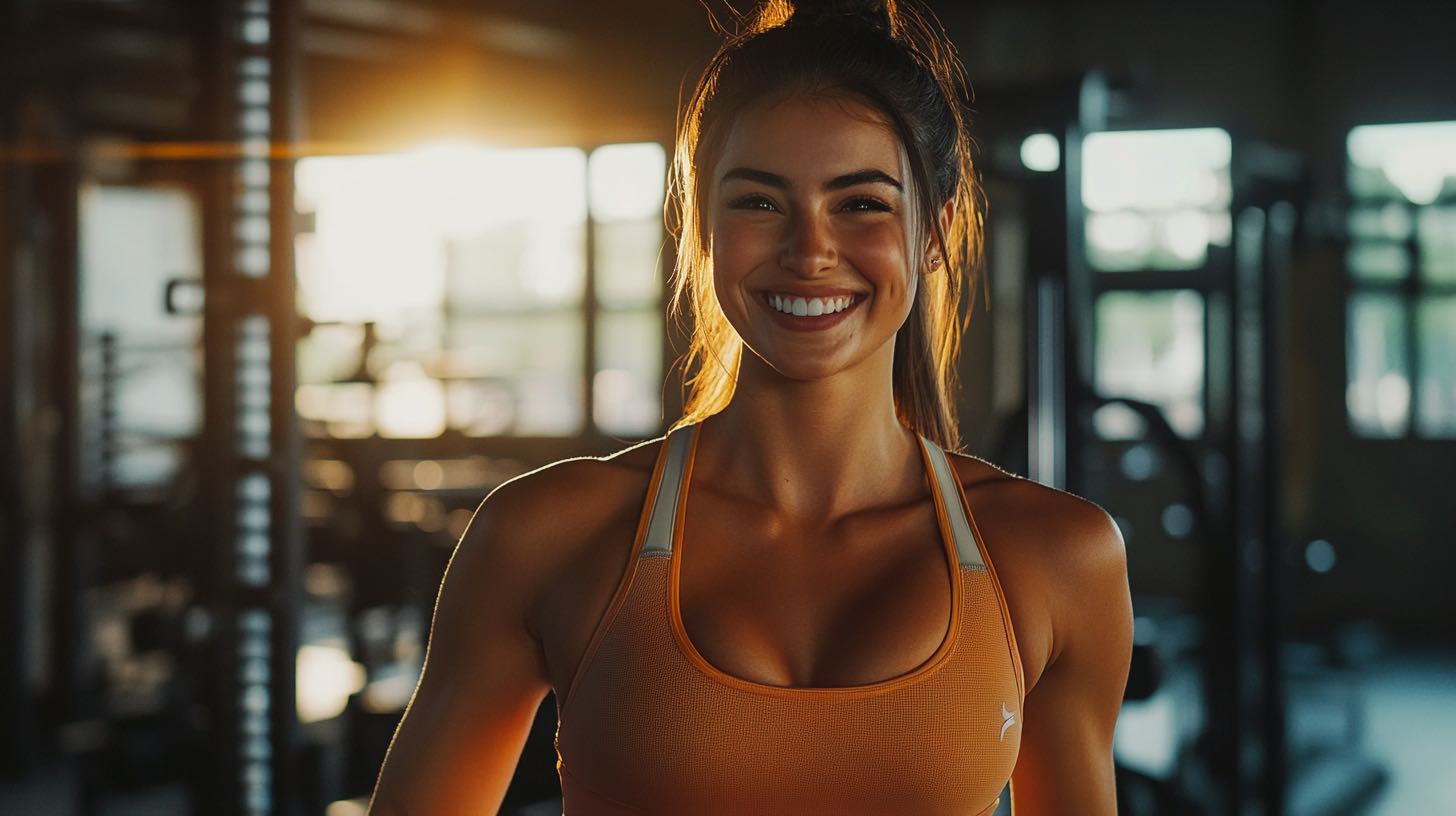January 20
Exercise, which is praised for its profound physical benefits, also has an impact on mental and emotional abilities.
The catalyst: biochemical cascades in which endorphins play an important role.
Endorphins are the body's own substances that relieve pain and increase feelings of happiness.
They trigger the coveted "runner's high", a euphoric crescendo after the exertion.
What are these elusive endorphins and how do they make us feel euphoric after sport?
We explore the synergetic symphony of hormones that boost our emotional state through movement.
1. what are endorphins and how do they work?
Endorphins, neuropeptides produced in the central nervous system and the pituitary gland, act as natural painkillers and euphorics.
Their binding to opioid receptors mirrors the soothing effects of morphine by relieving pain and providing pleasure. Endocannabinoids can have a Intoxication similar to drugs.
The resulting feeling of well-being corresponds to the concept of "endorphin release", which is known to occur during strenuous training sessions.
The intensity of sporting activities increases the likelihood of a noticeable release of endorphins.
Endorphins go beyond mere pain relief. They provide a pleasant state that encourages repeated physical activity.
Its dual function as a painkiller and mood enhancer underlines its importance for sustained physical activity.
Endorphins through
HIIT training at Templeshape
Come train with us and experience the happiness hormones!
2. the role of endorphins in sport
Endurance activities - such as running - trigger endorphin surges. This biochemical antidote alleviates the stress caused by exercise.
Endorphins mask discomfort, prolong endurance and provide a "high" that transforms exertion into pleasure.
This feedback loop makes sport a sought-after recreation, praised for its hedonistic and stress-relieving properties.
Sport like Pilates promotes the release of endorphins, which have a positive effect on mood and relieve pain.
3. different hormones and their effects on well-being
Endorphins are not lone wolves. Dopamine, serotonin and endocannabinoids work together and ensure an increased sense of well-being after sport.
Dopamine is released during training and increases motivation and concentration after 20 minutes at the latest.
Serotonin, the "happiness hormone", regulates mood and stability.
Together they reduce anxiety, lift the mood and increase satisfaction.

4. endocannabinoids and their influence on feelings of happiness
Endocannabinoids, which are related to the components of cannabis, unfold their mood-enhancing effect during sport.
They are released together with endorphins and provide the "right" feeling after sport.
Their effects are similar to those of cannabis, but naturally adapt to physiological structures, leading researchers to optimize them together with endorphins to improve mental health.
5. serotonin, dopamine and other happiness hormones
Serotonin and dopamine - the mood boosters - are intensified by exercise. Regular training in a Fitness studio helps to increase serotonin levels in the body.
Serotonin influences mood, appetite, sleep and memory.
Dopamine, which is linked to reward, increases pleasure and drive. Their interaction controls complex hormonal reactions and promotes vitality, concentration and stress resistance.
6. flow experiences and the runner's high
The elusive "Runner's High", which is similar to "flow", leads to intense concentration and reduced external perception.
This increases the happiness hormones, which boosts stamina and pleasure.
Reaching this peak drives sustained sporting efforts and serves as a psychological bulwark.

7 Scientific debates: Endorphins as key players?
Although they are traditionally attributed to endorphins, the feeling of happiness triggered by sport has sparked a scientific debate.
Endorphins belong to the so-called Happiness hormones and are endogenous substances that can trigger a sense of well-being and positive emotions.
Their ability to cross the brain barrier is being questioned, with endocannabinoids, serotonin and dopamine taking center stage in mood modulation.
Ongoing research is revealing the complicated biochemical network that is created by physical exertion.
8 Physiological processes behind the feeling of happiness during sport
Sport, which is initially a physiological disruptive factor, mobilizes a biochemical symphony.
The initial stress factors - increased heart rate, elevated blood pressure, cortisol - trigger compensatory endorphins and neurotransmitters, which ensure recovery and a feeling of elation.
Repeated training refines this cycle, reduces stress and lifts the mood.

9. stress reduction and psychological benefits of sport
Physical exertion is an effective way to combat stress, reducing stress hormones and releasing happiness catalysts at the same time.
Regular exercise alleviates stress factors, stabilizes emotions and improves quality of life.
The psychosocial benefits are expressed in increased concentration, greater self-esteem, better sleep and less depression.
10. practical tips for maximizing happiness hormones through sport
This is how you optimize the hormonally triggered pleasure:
- Choose captivating activitiesFavoring personal passions increases the release of endorphins.
- Varied routinesMix aerobic, anaerobic and flexibility exercises to maintain interest and hormonal balance.
- Integrate music: Music can release additional endorphins and boost athletic performance.
- Train sociallyA group increases motivation, which has a positive effect on mental health.
- Practicing mindfulnessBring body and mind into harmony and ensure more relaxation and joy.
- Maintaining consistency and intensityRegular, intensive sessions ensure a long-lasting effect on the hormone balance and stress reduction.
In summary, research into the intricate alchemy of pleasure triggered by exercise continues and there is a consensus: Exercise is essential for holistic well-being.
Embark on this physical journey to revitalize your body, mind and soul through the exciting dance of endorphins, serotonin, dopamine and their hormonal brethren.
tags

